Reality Hackers / Mondo 2000: How Many Here Remember Reading This Mag When It Only Came Out Twice A Year?
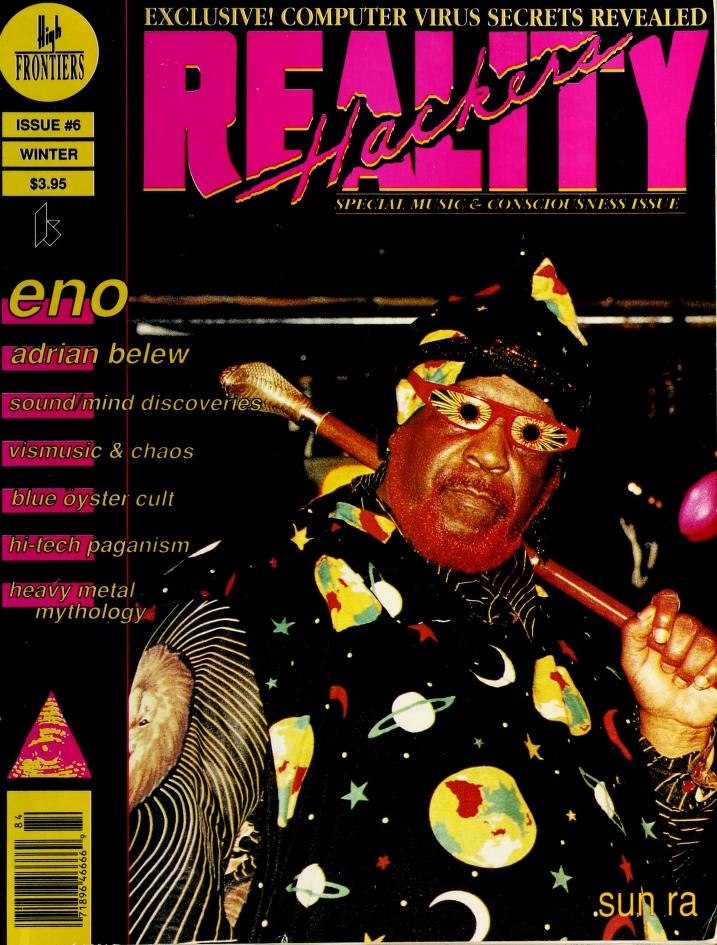
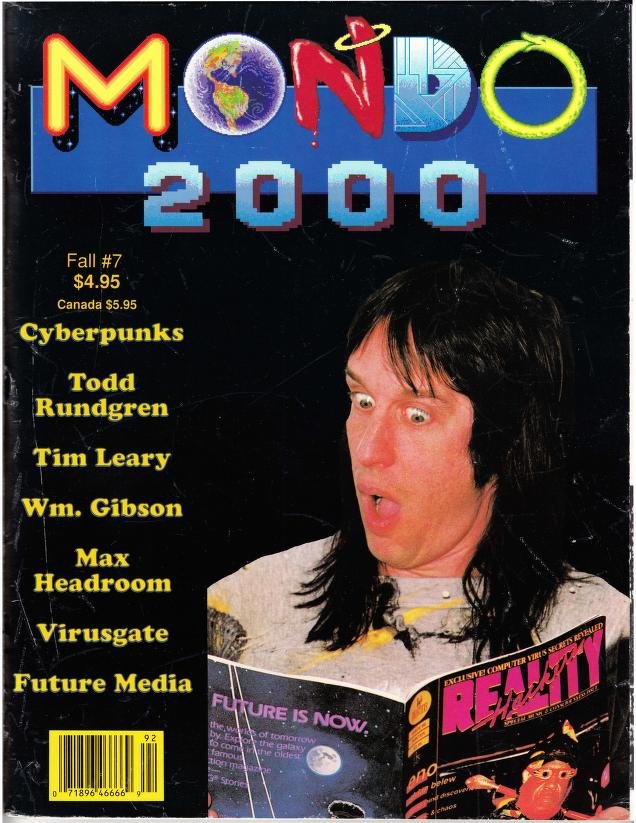
Holmes: So you think it devalues as well as democratises?
R.U. Sirius: Canadian internet seer Marshall McLuhan said that with every human enhancement comes an amputation. For an elite (when considered on a global scale) class of literate people, the diminution of power of real literary or even journalistic talent feels like an amputation. But for people who never had the opportunity to speak before, it’s the beginning of something else. Ultimately, we’ll give opportunity for more geniuses of expression to emerge.
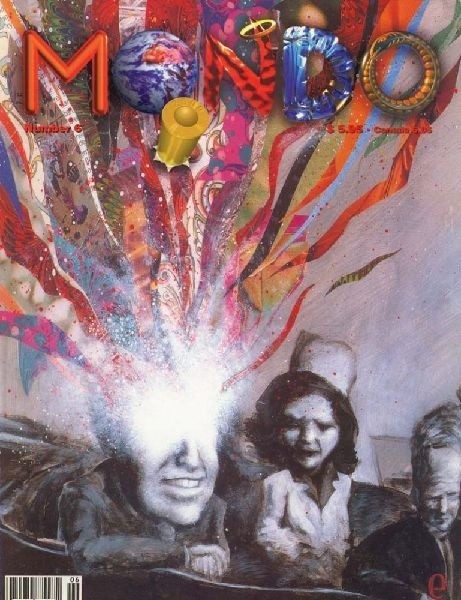
"We have made the catastrophic discovery that it is legal to torture and murder people with entertainment. The mass audience is in danger of total extinction through "enjoyment." An international consortium of entertainment criminals has, through telegenetic engineering, created meta-viruses in the form of pictures and sounds. These meta-viruses are virtually indistinguishable from normal pictures and sounds. After entering through the eyes and ears, they devour the imagination of their victim and replace it with the imagination of one of the entertainment criminals.
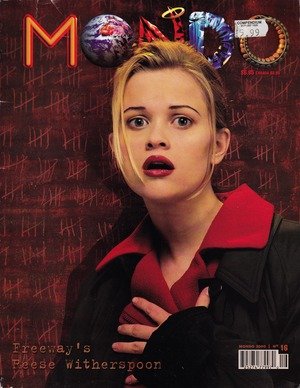
Forget about the military threat! The genocide of the imagination is at hand! This is no metaphor. The actual electrochemical substances of your brain are being redesigned by the imaginations of the imagination-killers. If we don't stop them, there will soon be a single, united, tragically inbred global imagination, a black hole of insipidly dangerous images and sounds. There will be the unholy perfection of totally destructive "peace." World War Harmony is the covert goal of the entertainment criminals."
One interesting episode in the magazines history was remembered in Wired magazine:
"The magazine once ran an interview with U2 guitarist The Edge conducted by another band called Negativland. The catch was that U2's lawyers had sued Negativland, and The Edge didn't know he was being interviewed by the band until the end of the interview, by which time the band had trapped him into exposing his own hypocrisy on intellectual property issues."
I came back to all of this nostalgia by way of a link, that I came across in the course of searching for something else. It was a mind bending magazine that helped me to see new possibilities in the future, of which I was previously unaware. I did not always agree with the perspectives and conclusions, but the magazine definitely expanded my horizons with it's forward thinking presentations. Mondo 2000 was the precursor to Wired magazine and a prime example of thinking outside of the box. If you were a reader, let me know in the comment section what you remember about it.
Here is a link where you can read some of the back issues to take a peak at what the future looked like from the perspective of late 1980's through the 1990's. You can find other issues if you search around the internet a little bit:
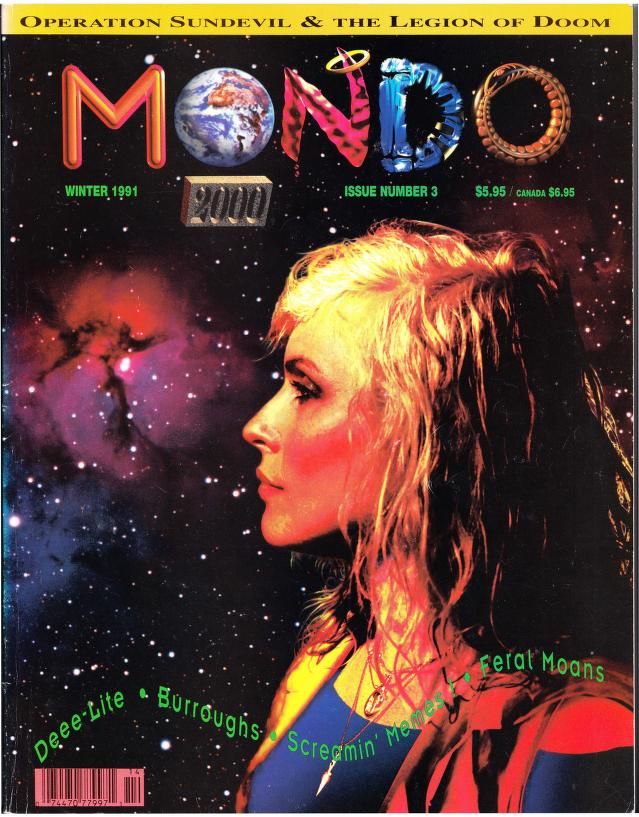
https://archive.org/details/mondohistory


Liked and followed :)